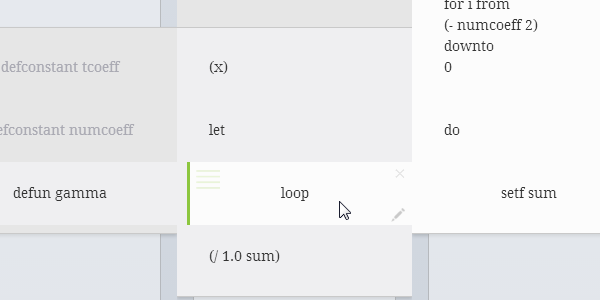[Author’s note: I am aware of that this is a poorly written article on how to write well. However, I struggle with perfectionism. So, contrary to my nature, I posted it instead of refining this forever.]
Unlimited Telepathy
Reading and writing is nothing short of a miracle. Stephen King notes that it’s similar to, but more powerful than telepathy. Marcus Aurelius, last great emperor of Rome, can send images, thoughts and ideas, to me and you, miles and centuries away.
But few writers really understand how this miracle works at the neurological level. And how doing so, can drastically improve their results.
Limitations
Imagine you could only hold 2 things in your mind at any given time. Let’s see what reading the sentence “I went to the station.” would be like:
“I went” (Ok, sometime in the past, I went somewhere)
“went to” (Someone went to somewhere)
“to the” (Something relating to some definite thing)
“the station.” (Something to do with the station).
At no point would you be able to hold the whole idea of “you having gone to the station” in your mind. With a short term memory of 2 items, reading anything longer than two sentences would be impossible.
Things are not much better with a limit of 3 items:
“I went to” (Sometime in the past, I went to somewhere)
“went to the” (Someone went to a definite place.)
“to the station.” (What happened to the station?)
Not much better.
The incredible thing is, we do have a limit like this, and though it’s not 2, it’s not much more than that.
Continue reading Hierarchy is the Key to Writing →
